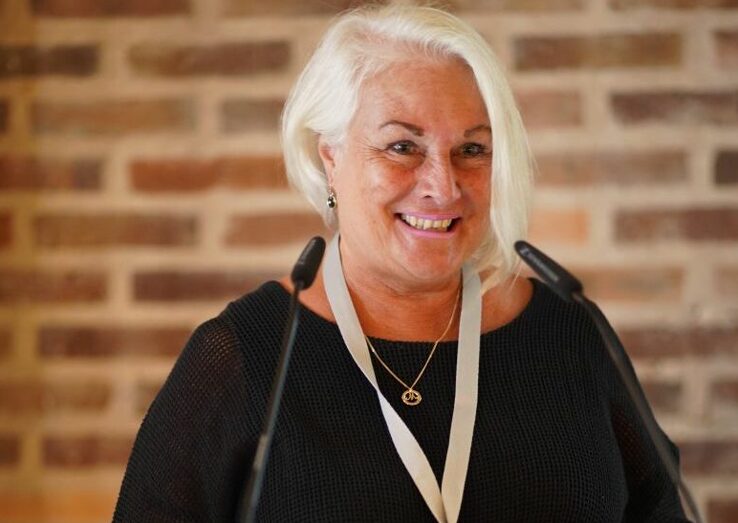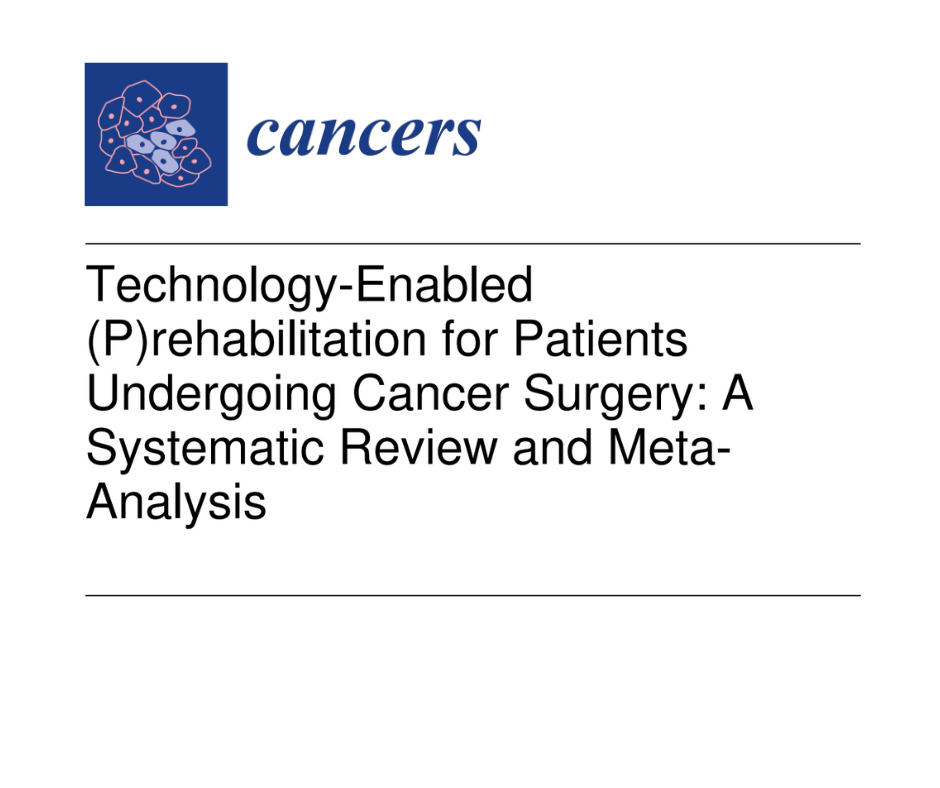The death of Steve Jobs, the visionary co-founder of Apple Inc., was a profound loss for the tech industry and the world over. His innovative spirit and groundbreaking solutions transformed how we communicate, work, entertain, and relate. Beyond his technological legacy, the circumstances surrounding Steve Jobs’ death brought attention to a relatively lesser-known disease: neuroendocrine tumours (NETs).
Steve Jobs passed away on October 5, 2011, after a prolonged battle with a rare form of pancreatic neuroendocrine cancer, also known as pNET. Understanding the reason behind Steve Jobs’ death shines a light on the critical importance of medical research and awareness regarding NETs – a rare but devastating condition that affects thousands all over the world.
How did Steve Jobs die?
Steve Jobs died due to complications from a pancreatic neuroendocrine tumour (pNET), a disease that is significantly different from the more common type of pancreatic cancer, known as adenocarcinoma.
When was Steve Jobs diagnosed with a pNET?
Jobs was first diagnosed in October of 2003. He initially undertook a course of alternative treatments, instead of seeking immediate conventional medical intervention. It wasn’t until nine months later that he underwent surgery to remove the tumour.
Steve Jobs’ death reason: taking a closer look
The specific reason for Steve Jobs’ death was respiratory arrest, which occurred as a direct consequence of the metastasis of his pancreatic neuroendocrine tumour. Despite surviving eight years post-diagnosis – a relatively long time for cancer patients – his hesitancy to undergo recommended surgery led to a subsequent battle with the disease, highlighting the aggressive nature of NETs and the critical need for early detection and treatment.
Exploring NETs as a contribution to Steve Jobs’ death
NETs, the disease that ultimately led to Steve Jobs’ death, are a diverse group of cancers that arise from neuroendocrine cells found throughout the body. Neuroendocrine cells produce hormones that regulate various bodily functions, including the regulation of insulin and glucagon in the pancreas.
When these cells become cancerous, they can lead to a variety of symptoms, making the disease challenging to diagnose early. In Jobs’ case, the tumour was located in the pancreas, but NETs can also develop in the gastrointestinal tract, lungs, and other organs.
The legacy of Steve Jobs’ death: awareness and innovation
While Steve Jobs is remembered for his immense contribution to technology and innovation, his death has also contributed to raising awareness about NETs. The high-profile nature of his case has shed light on the importance of understanding this complex group of diseases, leading to increased research, better diagnostic methods, and advancements in treatment options for patients with NETs.
Steve Jobs’ death due to a neuroendocrine tumour highlights not only the personal tragedy of losing a global innovator but also underscores the broader challenges faced by individuals diagnosed with this rare form of cancer. It serves as a poignant reminder of the importance of medical awareness, the complexities surrounding the diagnosis and treatment of NETs, and the ongoing need for research in this field. As we remember Steve Jobs for his legacy, we also recognise the attention he brought to neuroendocrine tumours, fostering a greater understanding and better outcomes for those affected by the disease.





